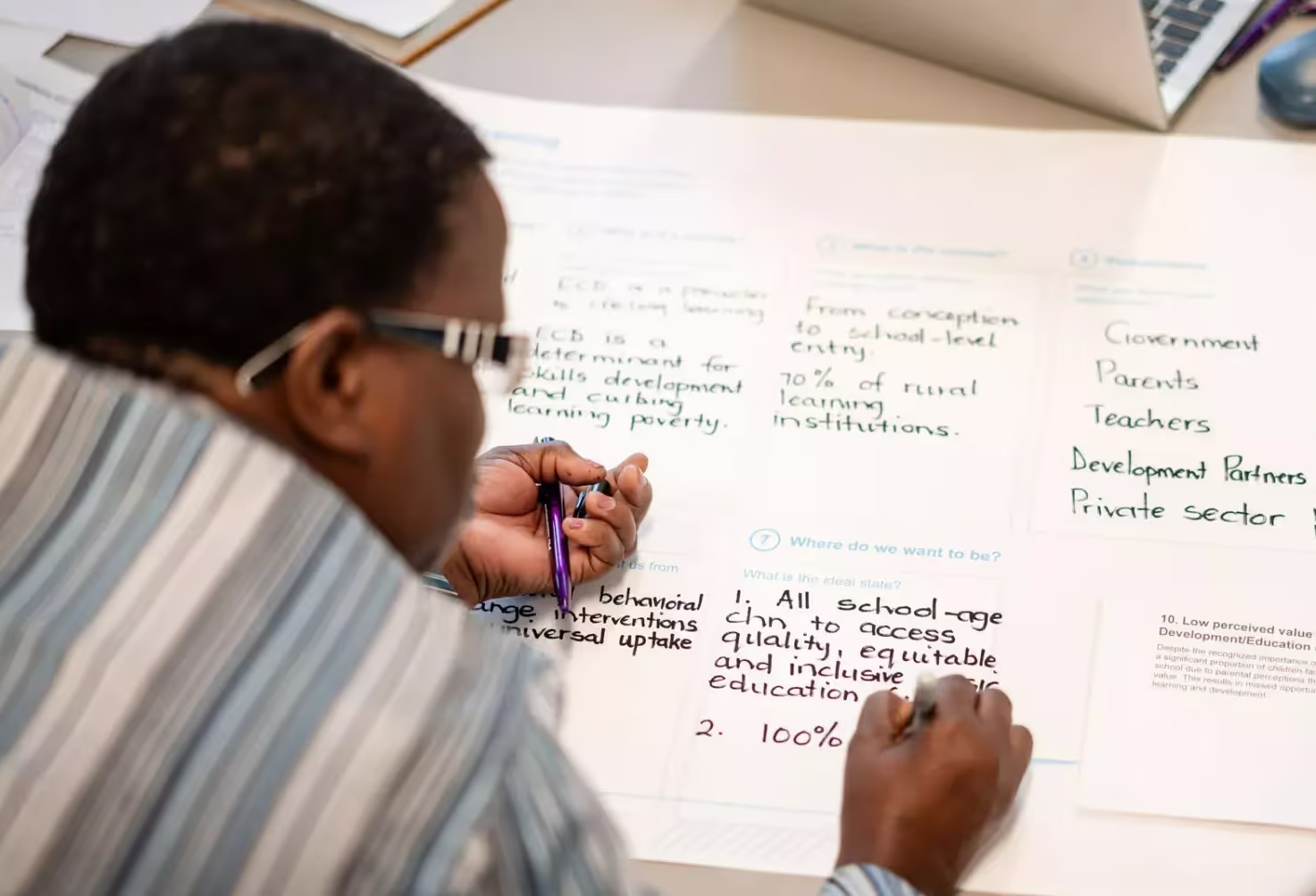Dimitra Clubs - Community Engagement for Empowerment

Dimitra Clubs are voluntary, informal groups for women, men and youth who discuss common problems and determine ways to address them by acting together and using local resources. Agriculture is a common theme, but it’s not the only one; other topics include climate change, education, health, infrastructure, nutrition, peace and women’s status. Although FAO facilitates their set up and provides them with training and coaching, the clubs themselves are self-managed.


.avif)

